Little did I know how popular this question was until I was in the process of googling it. Without even finishing the phrase “Do I need a pe” Google automatically gave me “Do I need a personal trainer?” and not “Do I need a pet?” as a drop-down option. Quite frankly, this made me realize that this question is on the mind of almost anyone deciding to make a change for their health. So I began looking deeper into the search results for this question and they were pretty underwhelming. Two groups of thought emerged in the results – one preached: “you don’t need a personal trainer, and here’s why … buy this program now”. The other repeatedly sounded like this: “personal training is the ultimate investment because…”. Yet both groups failed to offer the reader any VALUE, a.k.a. an honest explanation of what makes personal training work well and who it is suitable for. Without playing the blame game as to why this is the case, here’s my unaltered, partially biased (can’t avoid this sorry), and professional answer to the question that millions have asked organized into 3 important points:

1. Personal trainers can systematically assess your body in motion.
Tracking your own progress is perfectly doable but there’s one fundamental thing that can’t be done individually, and that’s an assessment. A high level trainer can assess your body in motion with an expert eye that can pick up tons of details. They can pick apart quality of movement, static & dynamic posture, position of joints, activation of key muscle groups, and tempo, and determine what needs further attention. Here’s the caveat: not all trainers are capable of this. It’s crucial to find one who will actually monitor these things. Credentials to look for include top national fitness designations such as Certified Strength & Conditioning Specialists (CSCS) and Canadian Fitness Professionals (CanFitPro). Degrees/diplomas in kinesiology, anatomy, nutrition, and/or physiology are also a good sign and indicate that the trainer has a high level of understanding of the human body. Lastly, word of mouth is your best friend. Speak to others who have dealt with a particular personal trainer to find out what to expect from them. If you’re lucky enough the personal trainer won’t charge you for the initial assessment. This will help you make an informed decision before committing to them.

2. Personal trainers can tailor optimal goals for you.
Most clients want the stereotypical goals of losing weight and looking good but don’t think beyond that. What about a 36-year-old factory worker with lower back pain and a 10-year history of mild obesity? He needs to keep working, but that has become increasingly difficult because of his pain and weight. Clearly his goals are probably not so stereotypical and require a unique approach to fulfill them. For example, he needs to stabilize his lower back, gradually lose weight, and have enough energy for a tough 10 hour shift at work. Core strengthening is a must for him which will stabilize his lower back. Deadlifts on the other hand may put excessive stress on his lumbar joints and should be avoided until further notice. Based on his body type and metabolism, he’ll need a certain caloric deficit schedule with properly-timed cheat meal intervals to get his body into fat-burning mode. Regular changes in his workout plan will be strategically timed for every plateau he encounters. The best personal trainers will sit down with their client, listen to their goals, offer their own opinions, and create an individualized program designed specifically for them. This has shown to be the most effective way to improve your success in reaching fitness goals.
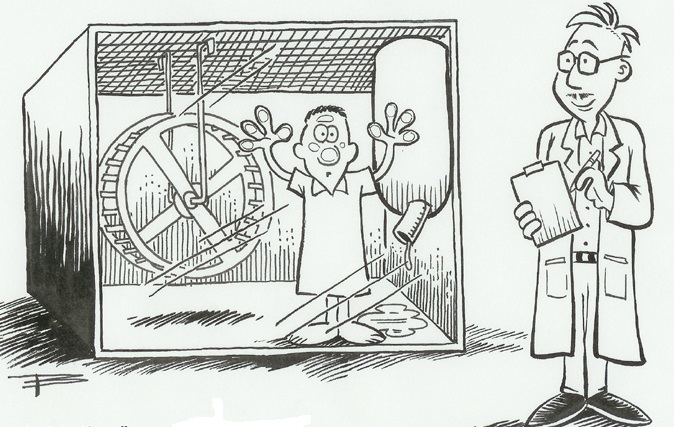
3. Personal trainers can address areas of weakness, poor biomechanics, reduced flexibility, and even pain.
In other words, you don’t have to be a healthcare professional to treat a client and I’ve seen top level trainers all the way from Mississauga to Durham take that to heart. An initial assessment includes a musculoskeletal evaluation to identify areas of weakness, poor biomechanics, reduced flexibility, and pain. By charting these findings and re-assessing them after every 3-4 visits, your progress can be monitored with precision and measurable results. This enables the trainer to create a workout that addresses these findings and adjust the plan as needed. If the trainer determines that a client’s weak movement is not being addressed adequately, they can simply adjust the form or change the workout completely to better target it. Best of all, fitness trainers serve as an excellent liaison between you and a healthcare professional; so much so that physiotherapy clinics will often have their own designated fitness consultant that their patients can be sent to for further training.
So do I need a personal trainer? Here’s the takeaway…
I encourage you to keep these 3 points in mind when on the hunt for a life-changing personal trainer and trust me they’re out there! Of course, what kind of guide would this be if I didn’t explain what they can’t do? Personal trainers can’t diagnose an injury or disease nor can they treat injuries below the dermis (i.e. clean a deep cut). They can’t poke you with needles (acupuncture), crack your spine, prescribe medicine, or order imaging. Other than that, that’s the full answer to the question “do I need a personal trainer?” For more information about this guide, feel free to contact us.


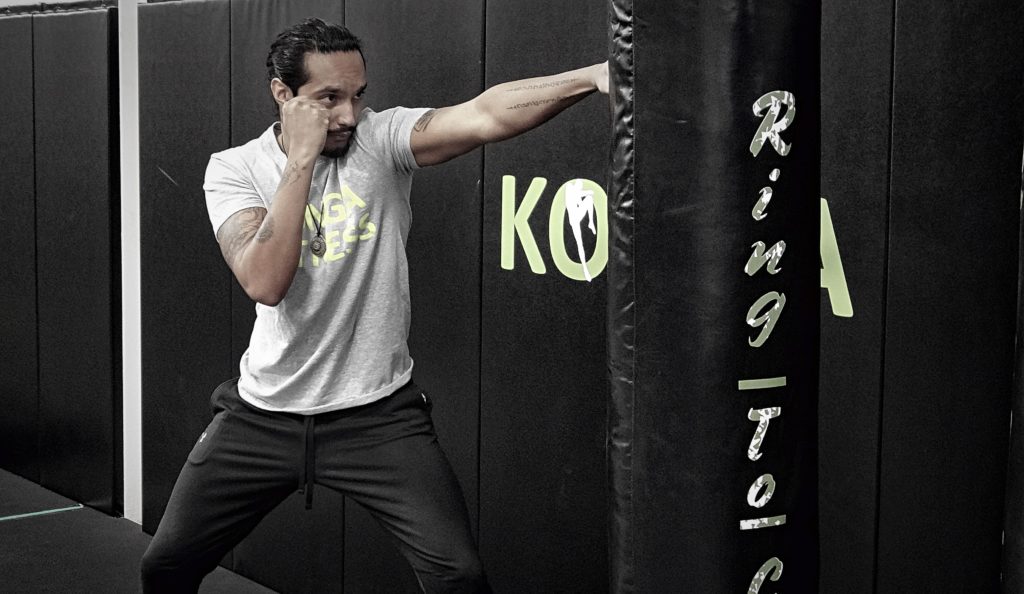



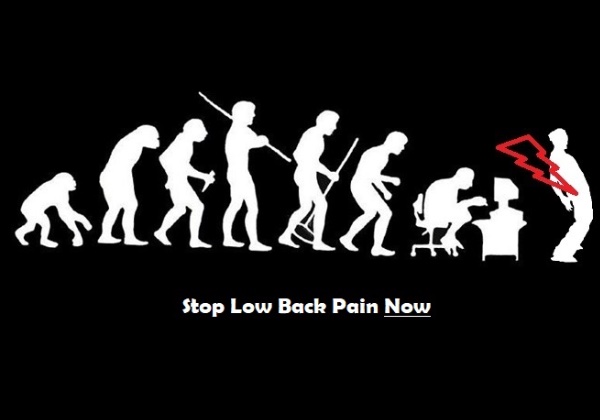
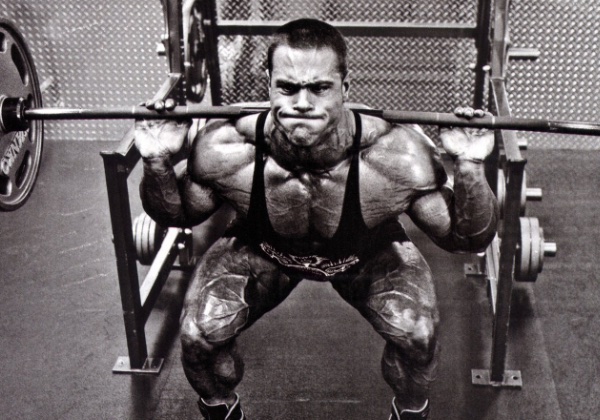




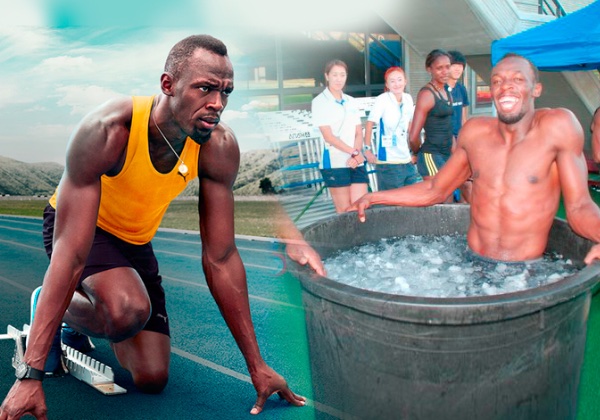

This is 100% true speaking from personal experience. Working with Khaled did more for me than going to a physiotherapy clinic for months for my lower back pain. Khaled fixed 50% of my lower back pain in one session with some activation exercises while all I got at the physiotherapy clinic were stretches that did not fix the root cause. He also addressed several posture and movement issues. I recommend people go to a (proper) personal trainer at least a few times before they start working out on their own because if you’re like me and spent too much time sitting down at school or in front a computer/tv growing up, then you likely have several biomechanical issues that will get you injured if you try to go it alone (that’s what happened to me before I saw Khaled. I was working out for only two weeks before I hurt my shoulder doing an overhead press because I had a serious imbalance in my upper back muscles which Khaled helped me fix.)
Even if you’re not going to commit to a personal trainer for months at a time because it’s too expensive, it’s definitely worth it to go even for just 2-3 weeks and learn how to do the exercises properly, have them assess your biomechanics, and write up a routine/meal plan for you, etc, and then go work out on your own and return to your personal trainer every couple of weeks/months to get an updated assessment of your movement patterns, any pain, and anything else that might be going on with your biomechanics. That way you can still benefit from their knowledge in a more financially efficient way, especially if you have the drive to hit the gym regularly anyway.